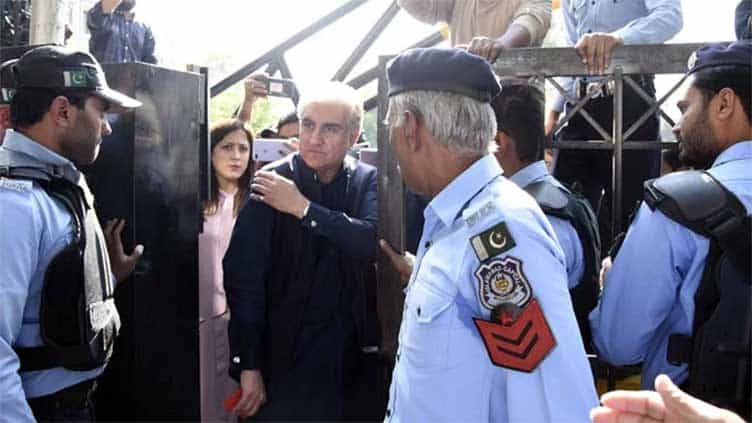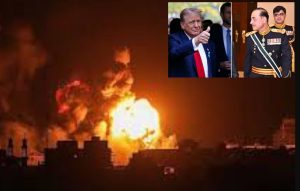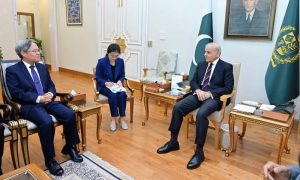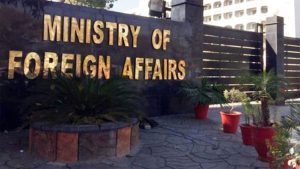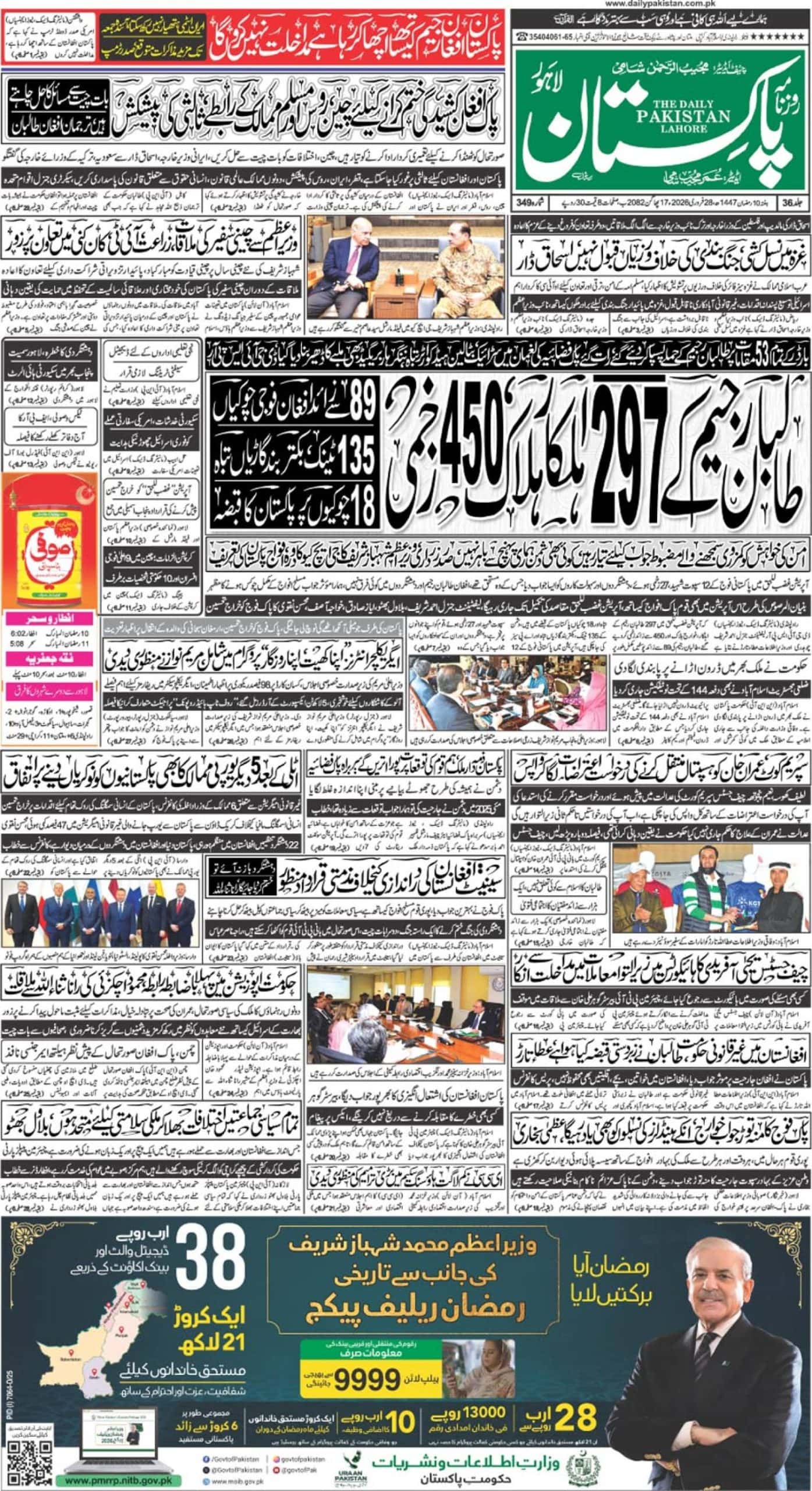ISLAMABAD – The Election Commission of Pakistan (ECP) has barred Pakistan Tehreek-e-Insaf (PTI) Vice Chairman Shah Mahmood Qureshi from participating in elections for five years under Article 63 (1)(h) of the Constitution.
According to a notice issued by the electoral body, Qureshi, a seasoned politician, has been disqualified from contesting the upcoming general elections scheduled for February 8 and subsequent polls. This decision comes following Qureshi’s conviction in the cipher case by a special court established under the Official Secrets Act. He has been sentenced to 10 years of rigorous imprisonment and disqualified under Article 63 (1) (h) of the Constitution.
On January 30, both PTI founder Imran Khan and Qureshi were handed 10-year sentences each in the cipher case. This case revolves around allegations that the former prime minister disclosed contents of a confidential cable sent by the country’s ambassador in Washington to the government in Islamabad.
In addition to the disqualification under Article 63 (1)(h), Qureshi has also been disqualified under Section 232 of the Elections Act, 2017. He had submitted his nomination papers to contest a National Assembly seat from NA-214 (Tharparkar) in Sindh.
Although the returning officer initially rejected Qureshi’s and his son Zain Qureshi’s nomination papers, they were later permitted to contest by the appellate tribunal of the Sindh High Court (SHC) last month.
However, Qureshi’s disqualification does not affect the electoral process in NA-214 Tharparkar, where he was allowed to contest by the appellate tribunal. According to the law, a contesting candidate’s election can only be terminated in case of their demise.
The ECP notification further elaborated on Qureshi’s disqualification, citing the judgment issued by the special court. It stated that Qureshi was found guilty under various sections of the Official Secrets Act and sentenced to rigorous imprisonment for a period of 10 years. Consequently, he is disqualified from contesting the 2024 general elections and any subsequent polls for a period of five years, in accordance with Article 63 (1)(h) of the Constitution and Section 232 of the Elections Act, 2017.

